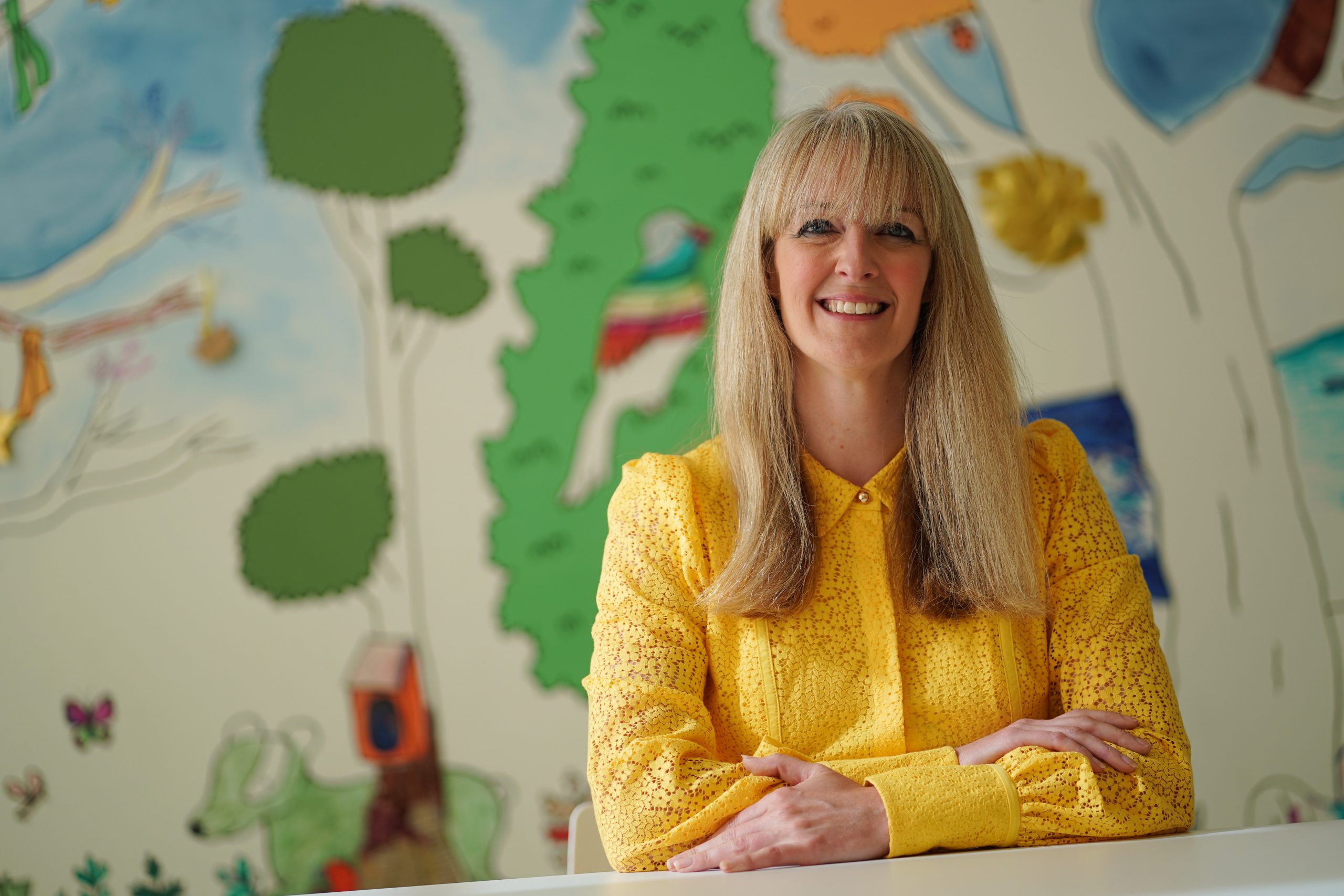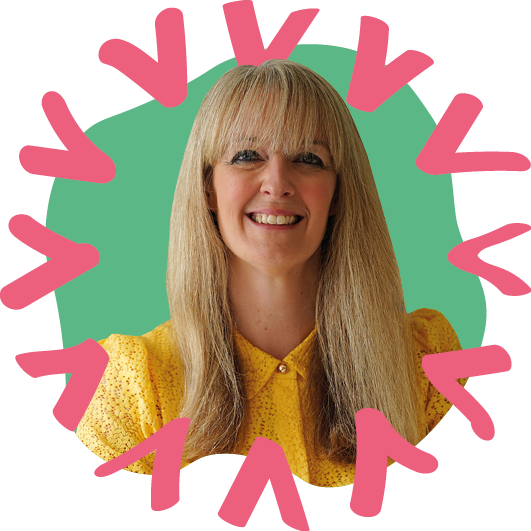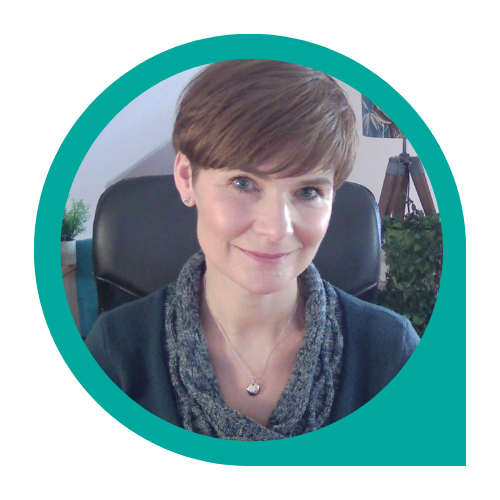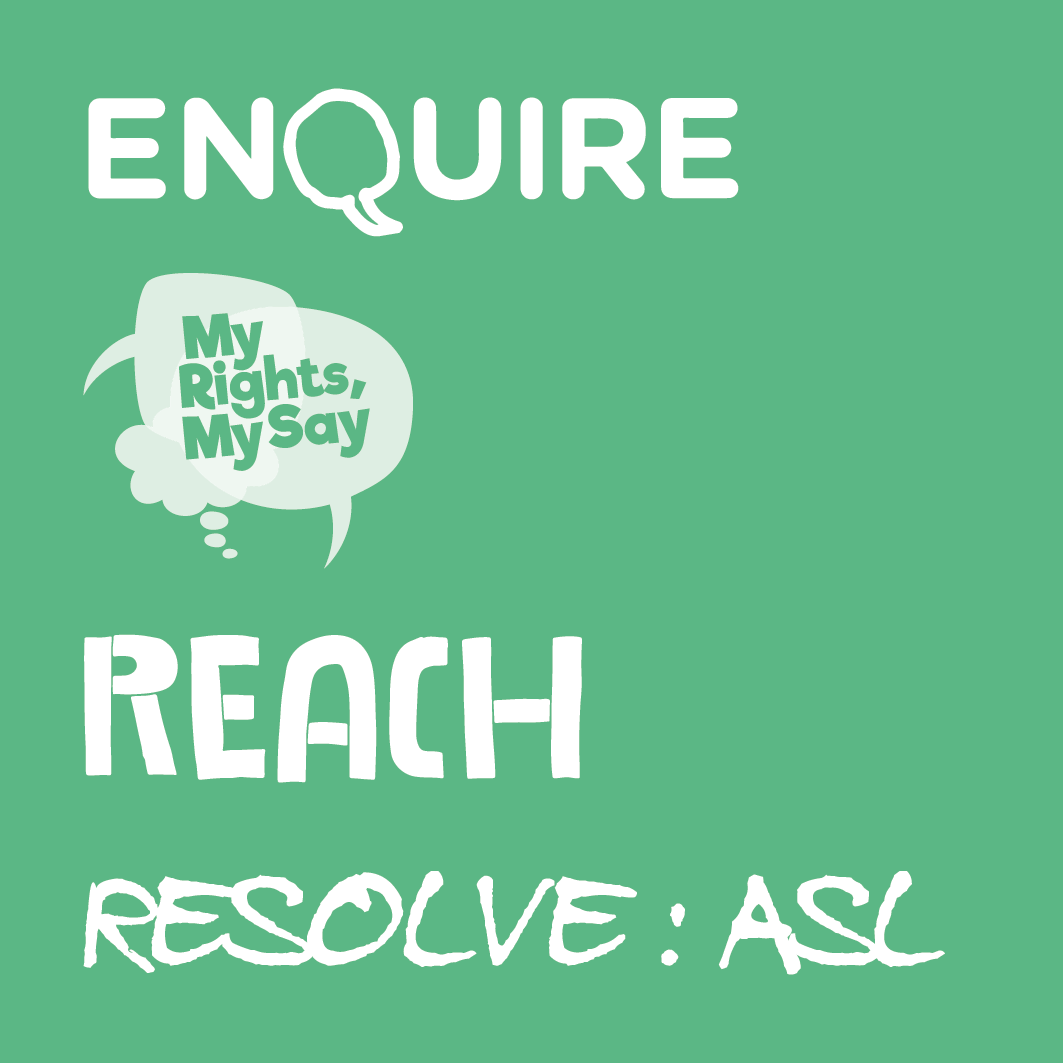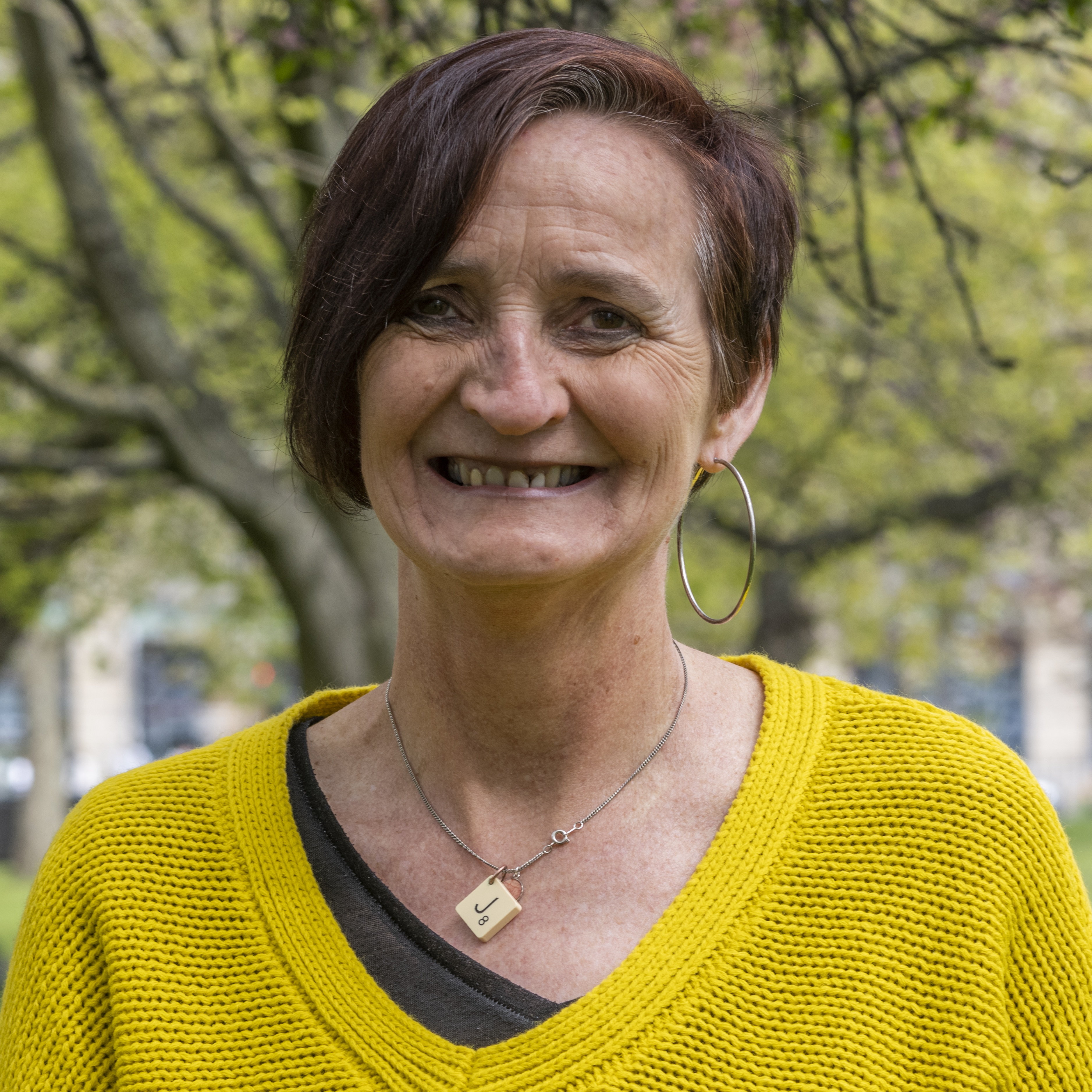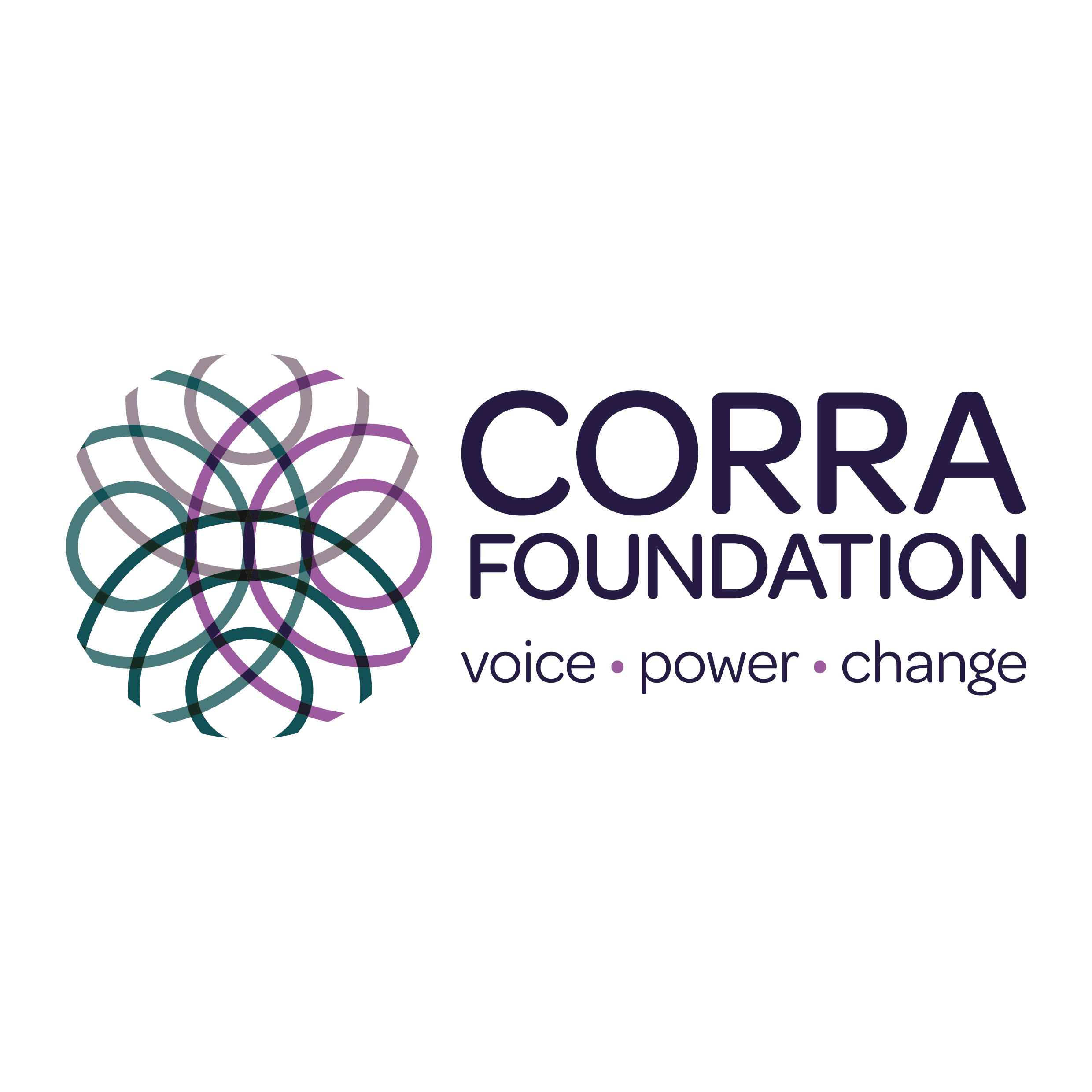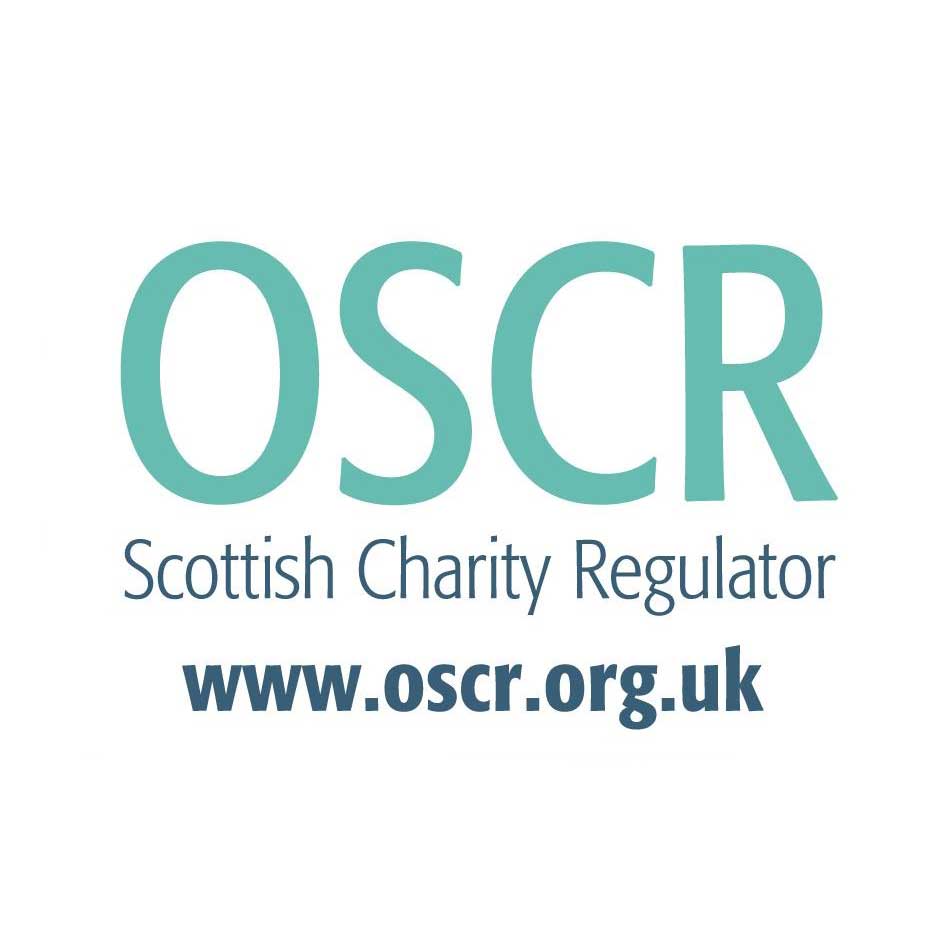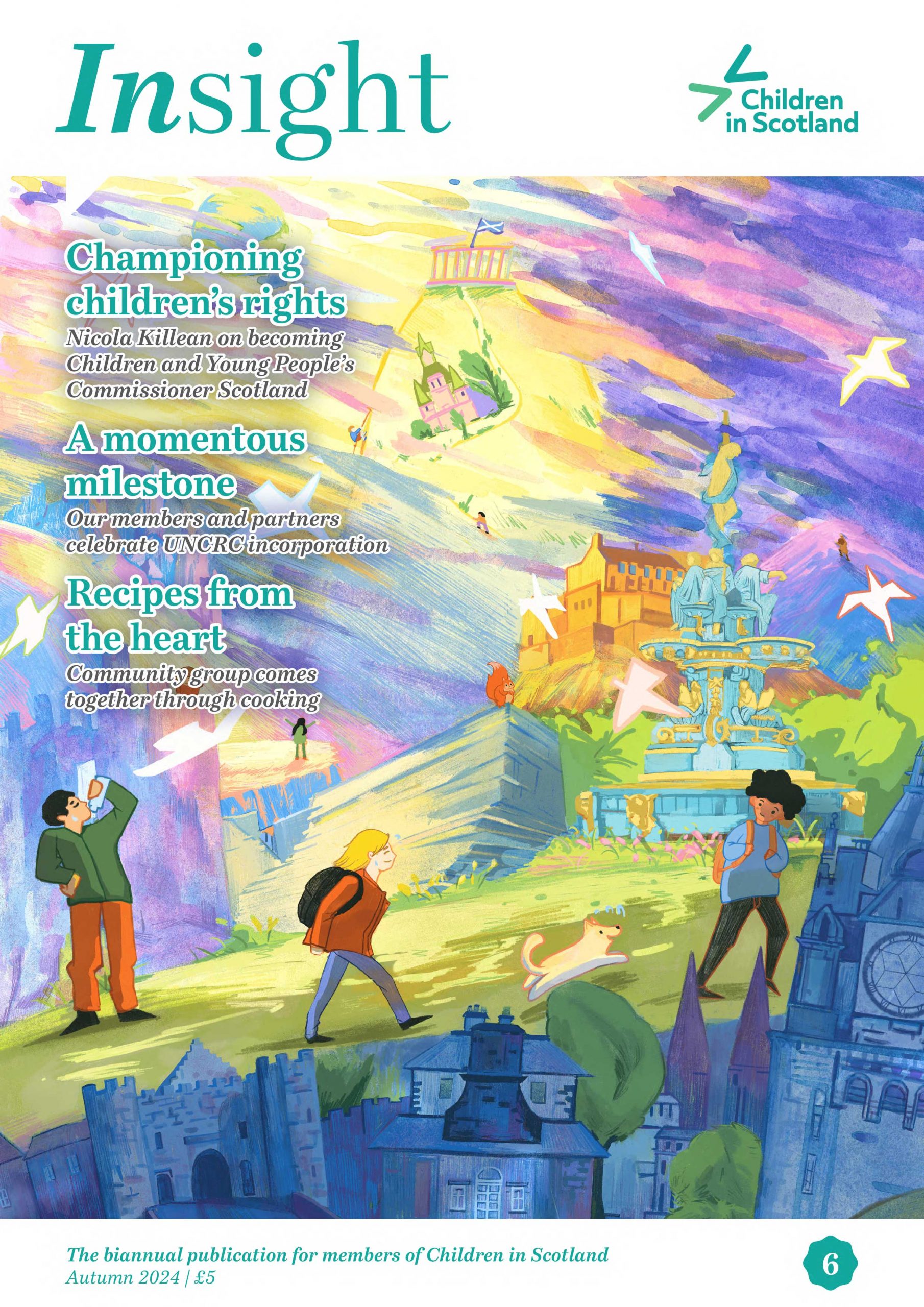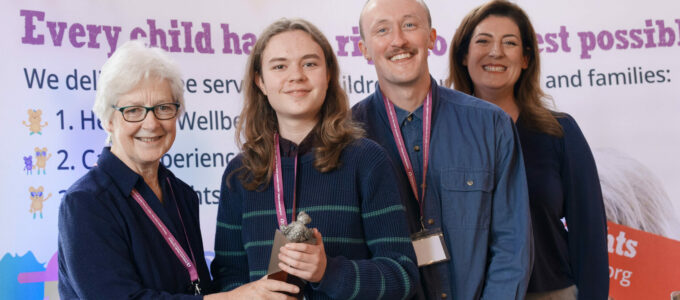First Minister backs Alcohol-Free Childhood campaign
18 Oct 2024
First Minister John Swinney has pledged his support for a joint campaign aimed at ensuring children and young people in Scotland grow up free from the harmful effects of alcohol marketing.
Launched in collaboration between Alcohol Focus Scotland, BMA Scotland, Children in Scotland, Scottish Families Affected by Alcohol and Drugs, and Scottish Health Action on Alcohol Problems (SHAAP), the Alcohol-Free Childhood campaign is backed by around 50 organisations and 80 MSPs across all parties.
In a new video released in support of the campaign, the First Minister acknowledged that children in Scotland are exposed to alcohol so often that they have high levels of alcohol brand awareness, while international evidence has shown that alcohol marketing increases the likelihood that children and young people will start to drink alcohol or, if they already drink alcohol, drink more and at problematic levels.
John Swinney MSP said: “The Scottish Government remains committed to improving population health. By taking steps to improving the health of children, we support their wellbeing into adulthood, contributing to a healthier future for all of Scotland. That is why I fully support the campaign to reduce children and young people’s exposure to alcohol marketing.”
Campaigners have welcomed the statement following disappointment at the Scottish Government’s recent decision to delay a promised second consultation on alcohol marketing, pending an evidence review by Public Health Scotland (click here for more).
In the Scottish Government’s initial consultation on this issue, public health and third sector organisations were consistently in favour of restrictions on alcohol advertising and promotion, while those with a commercial interest in promoting and advertising alcohol were mostly against such changes.
Additionally, from January to April 2023, Children in Scotland supported 113 children and young people aged eight to 17 to engage in the consultation, and found that many wanted to see tighter restrictions for alcohol advertising and promotion, including a reduction in alcohol sponsorship and advertising linked to sports teams and events, reduced visibility of alcohol in local shops and supermarkets, and a reduction in alcohol advertising on television and online.
Welcoming the First Minister’s support of the campaign, Alison Douglas, CEO of Alcohol Focus Scotland said: “It is encouraging to see that the First Minister recognises the evidence that exposure to alcohol marketing causes harm to children and young people and is personally committed to action to protect them.
“With alcohol deaths having reached a 15-year high, Scotland needs to be doing all it can to prevent future health problems. The Scottish Government’s support for a childhood free from alcohol marketing must be turned into concrete action. Children and young people themselves are calling for change.
“Scotland is behind the curve. Many other countries already have a range of restrictions on alcohol marketing, including how alcohol is displayed in shops, advertising at public transport stops and stations and sponsorship of sporting events.
“We urge the Scottish Government to put people’s health over industry profits and deliver their promised second consultation as soon as possible.”
Dr Peter Rice, Chair of SHAAP, commented: “We are pleased that the First Minister is committed to protecting children and young people from alcohol marketing, which we know influences consumption and harms.
"SHAAP encourages the Scottish Government to act on the wide body of international evidence and introduce a comprehensive set of marketing restrictions around alcohol promotion in sports, in public spaces, and in the retail environment.
“Far too much of our daily lives is shaped by the alcohol industry and it is time for the Scottish Government to take decisive action to create a Scotland that puts the wellbeing of its people, especially our younger generations, first. We should build on our reputation as a world leading country in alcohol policy."
Justina Murray, CEO of Scottish Families Affected by Alcohol and Drugs, said: “We welcome all measures to tackle Scotland’s Alcohol Everywhere culture, including restrictions on alcohol marketing. The families we support describe alcohol as being ‘in your face, no matter where you look’. This harms whole families – children, young people and adults.
“Being exposed to alcohol marketing is traumatic for our families, whether their loved ones are actively drinking, in recovery (where they constantly fear relapse), or where their loved ones have died through alcohol. Families want to live in a Scotland where Alcohol Free Spaces are the norm for our families and communities, and this would be a step in the right direction.”
Judith Turbyne, CEO of Children in Scotland, said: “As outlined in the United Nations Convention on the Rights of the Child (UNCRC), all children have a right to the best possible health. With the incorporation of the UNCRC into Scots law, the Scottish Government must do everything it can to protect children’s health and wellbeing.
“For years, children and young people have raised concerns about the amount of alcohol marketing they see in their daily lives. We welcome this personal commitment from the First Minister. Now we need to see concrete action on this issue.”
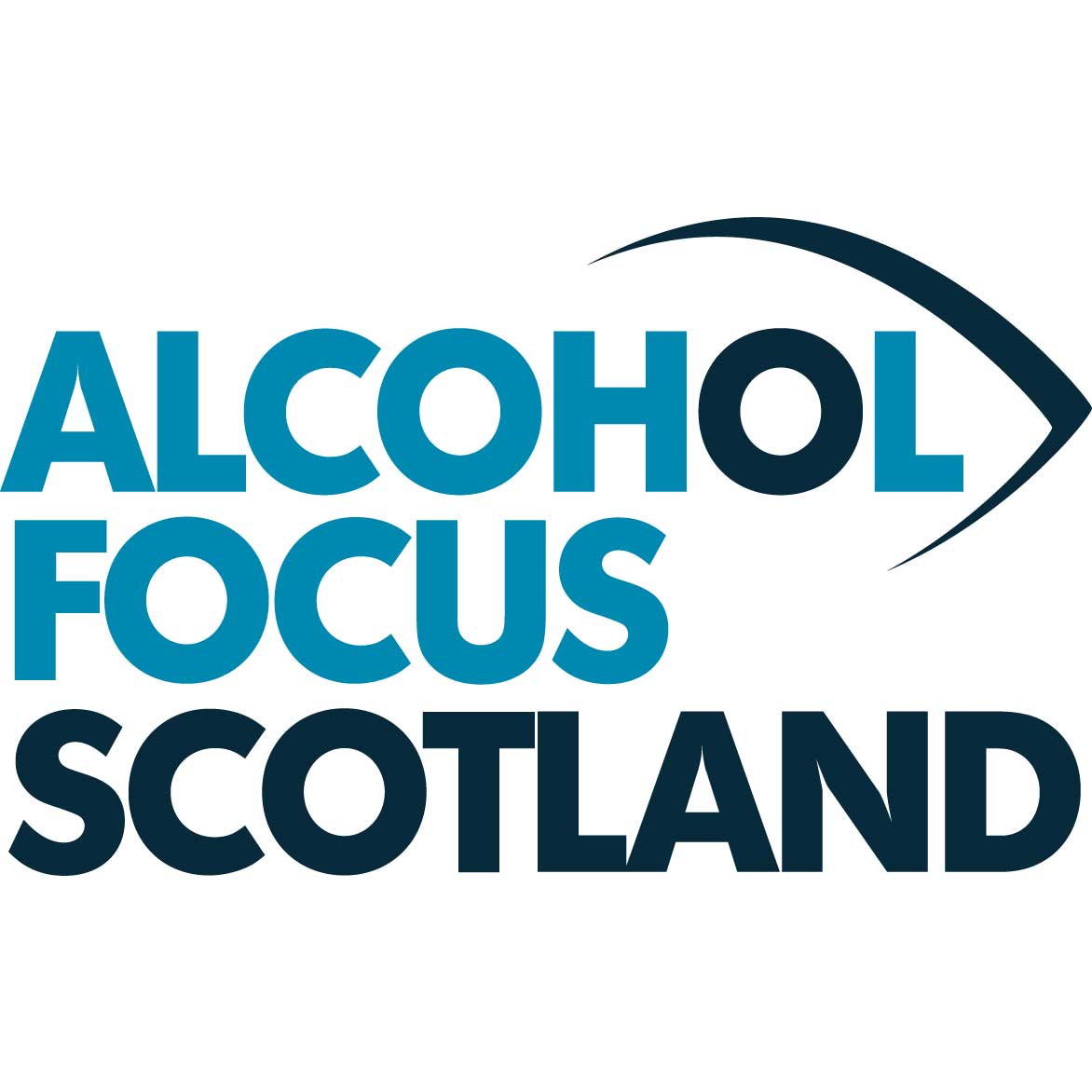
Alcohol-Free Childhood Campaign
Find out more about the joint initiative to protect children from alcohol marketing
Click here for more
Alcohol Marketing in Scotland
Read our Alcohol Marketing in Scotland – Youth Engagement Report
Click here for more
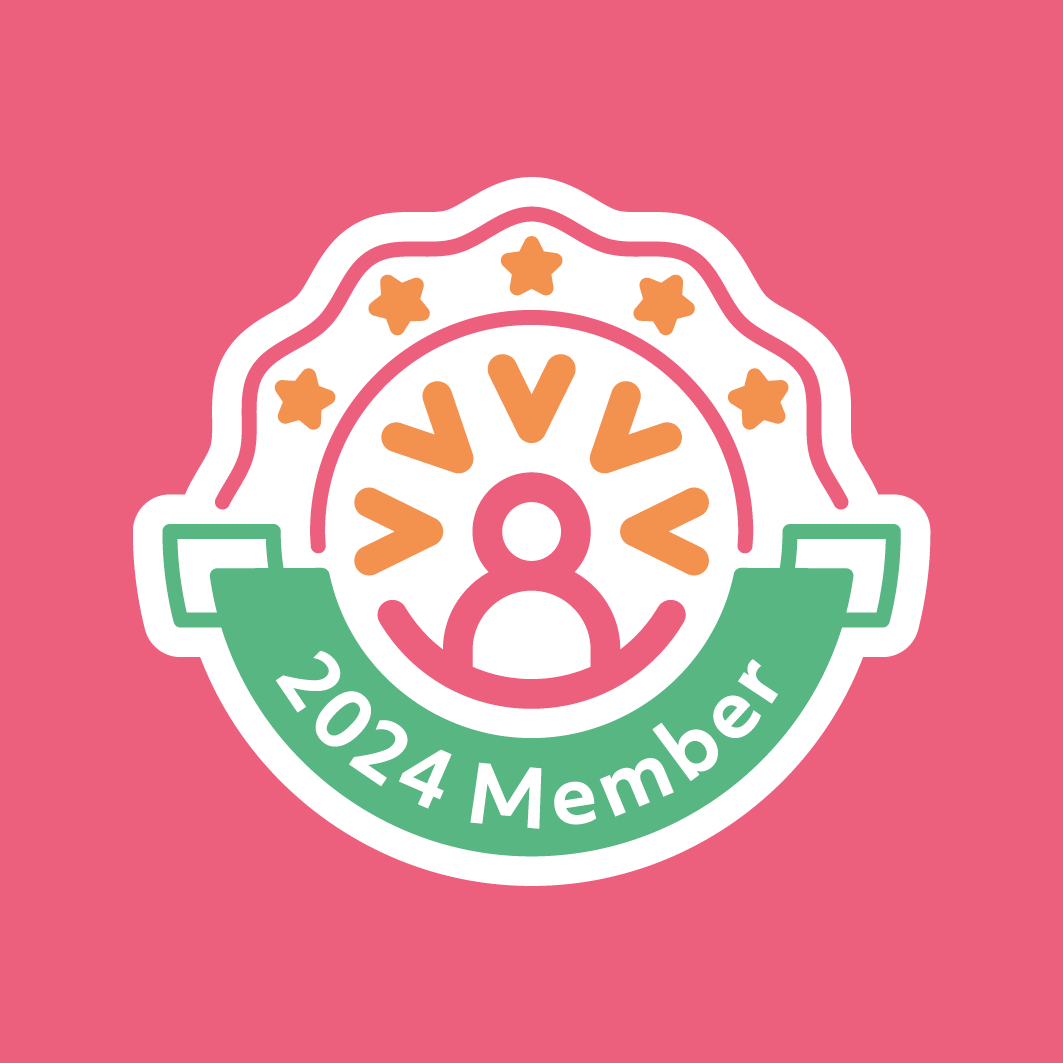
Our membership offer
Be part of the largest national children's sector membership organisation in Scotland
Click here for more
Annual Conference 2025
Making Space for Voices: Join our Annual Conference in Glasgow on 28 and 29 May 2025
Find out more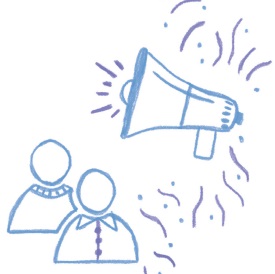
Creating Hope Togeher
Find out more about the work of the Suicide Prevention Youth Advisory Group
Click here for more
Read more like this
Check out our blog for more commentary, membership news and more!
Click here to readEnquire
Find out more about Enquire, the national advice and information service for additional support for learning
Visit the websiteReach
The website for young people offers advice and support on accessing their rights
Visit the website